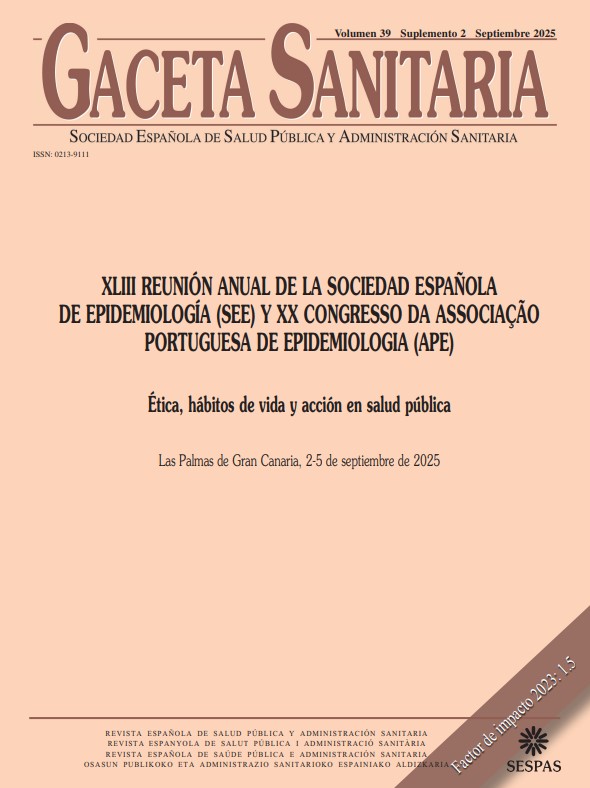566 - BARRIERS TO MIGRANT'S ACCESS TO THE SPANISH NATIONAL HEALTH SYSTEM (1995-2024): A SYSTEMATIC REVIEW
Universidad de Alcalá; Hospital Universitario Ramón y Cajal; CIBER Enfermedades Infecciosas; Hospital Universitario La Paz.
Background/Objectives: In Spain, migrants represent 18% of the total population, a figure that has steadily increased since the 1990s. This group is highly heterogeneous, with diverse geographic origins and cultures. Over the years, access to the Spanish National Health System (SNHS) has been shaped by legislative changes, with periods of universal coverage followed by restrictions based on administrative status. Studies on healthcare utilization among migrants have shown mixed results. Moreover, access must be understood as a broader process beyond utilization rates, which is influenced by different barriers such as language, cultural, legal, health literacy or social inequities which impact the access and quality of care. This systematic review synthesizes the evidence on the barriers that migrants face when accessing the SNHS.
Methods: We systematically reviewed evidence in PubMed, Embase, and SciELO from 1995 to 2024 for quantitative, qualitative, or mixed-methods studies examining barriers experienced by migrants when accessing the SNHS at all care levels, except emergency arrival response. We excluded grey literature and included articles written in English or Spanish. We summarized barriers based on Levesque et al.´s framework (2013). Four reviewers independently screened and extracted data via Rayyan, resolving conflicts with a fifth reviewer. We assessed the risk of bias with the Mixed Methods Appraisal Tool and registered our study in PROSPERO (number CRD42024548956).
Results: We identified 4,240 records, assessed 255, and finally analyzed 108 articles. Most were quantitative, focused on adults, and conducted after 2010. Many relied on national health surveys, providing key insights into healthcare utilization patterns. Qualitative studies primarily explored migrants’ experiences and perceived barriers, with some addressing the perspectives from healthcare professionals. Many compared healthcare access between Spanish-born and immigrant residents, emphasizing socioeconomic barriers, especially in dental and eye care. Legal restrictions (e.g., the 2012 RDL), bureaucracy, and language difficulties pose major challenges. Moreover, healthcare professionals' perceptions of these barriers often reveal biases that may affect care quality for migrants.
Conclusions/Recommendations: Despite some references to discrimination in healthcare access, many knowledge gaps remain. Few studies explicitly address racism among healthcare professionals, and most lack an intersectional approach to racial and social inequities. Future research should explore these gaps to improve equity in the SNHS.
Funding: ISCII (FIS P121/01868).















